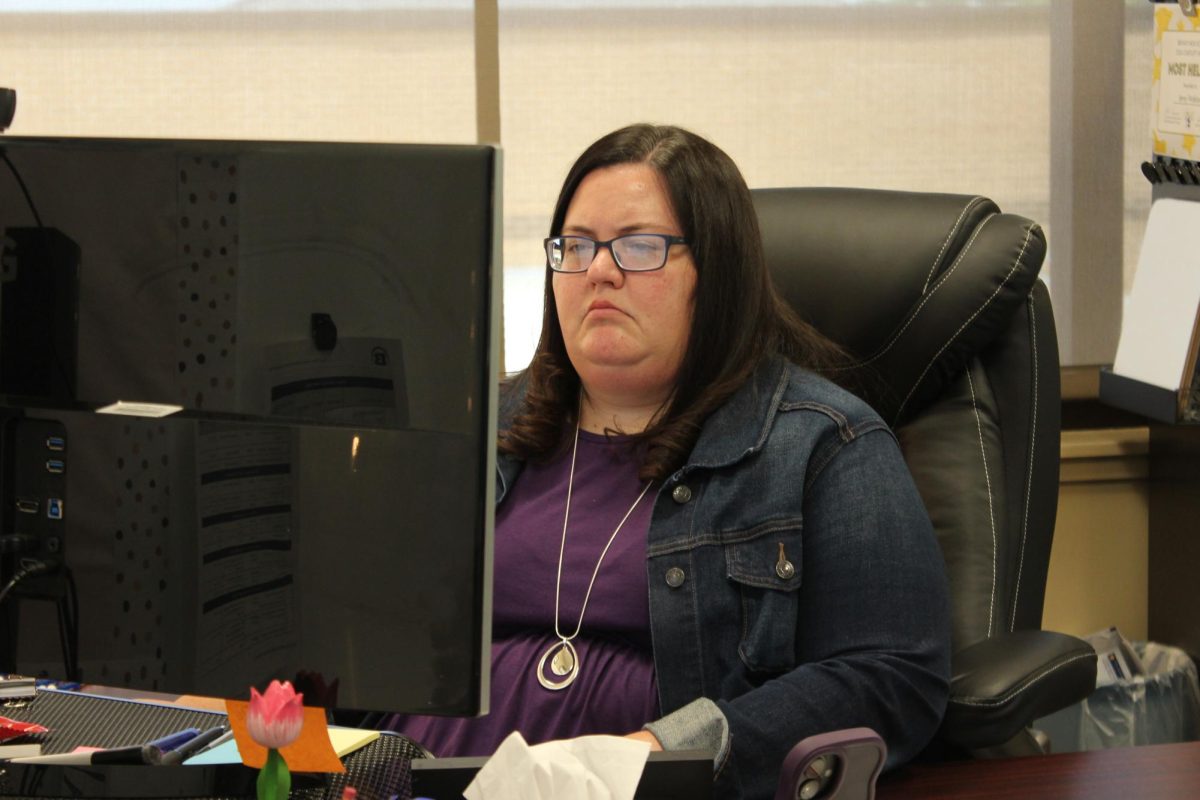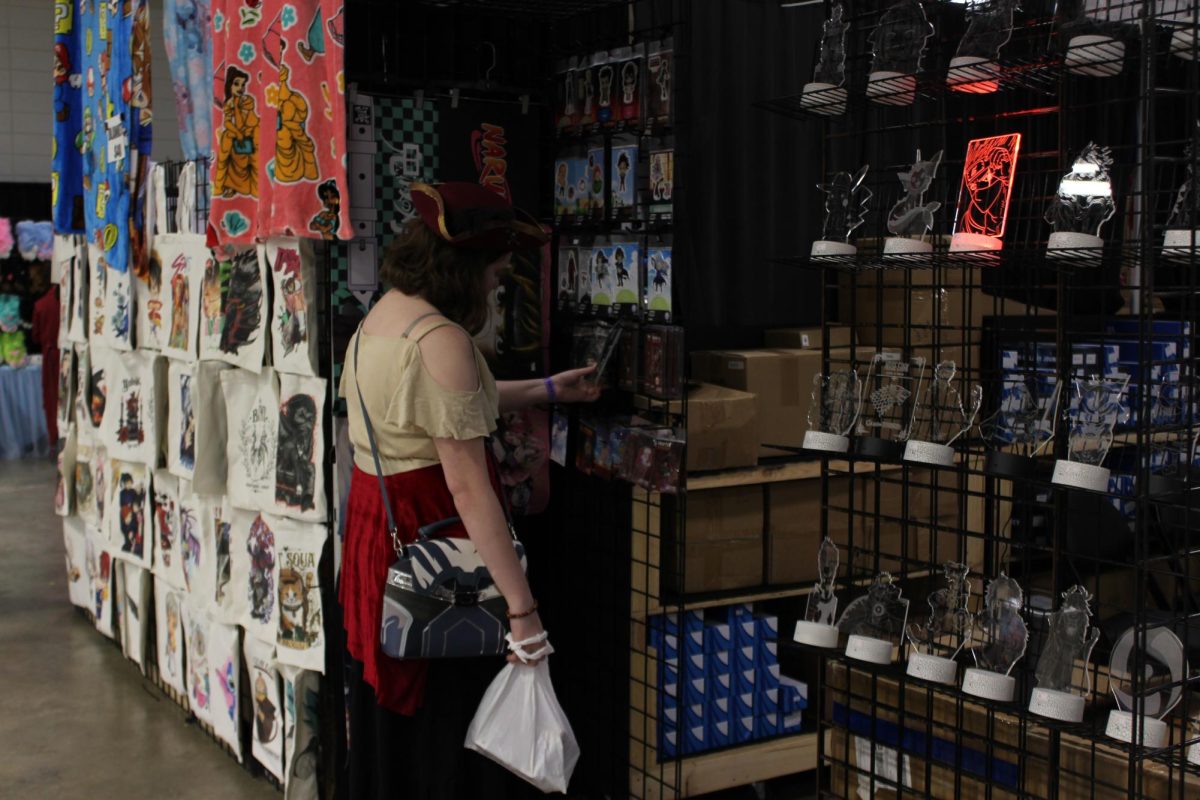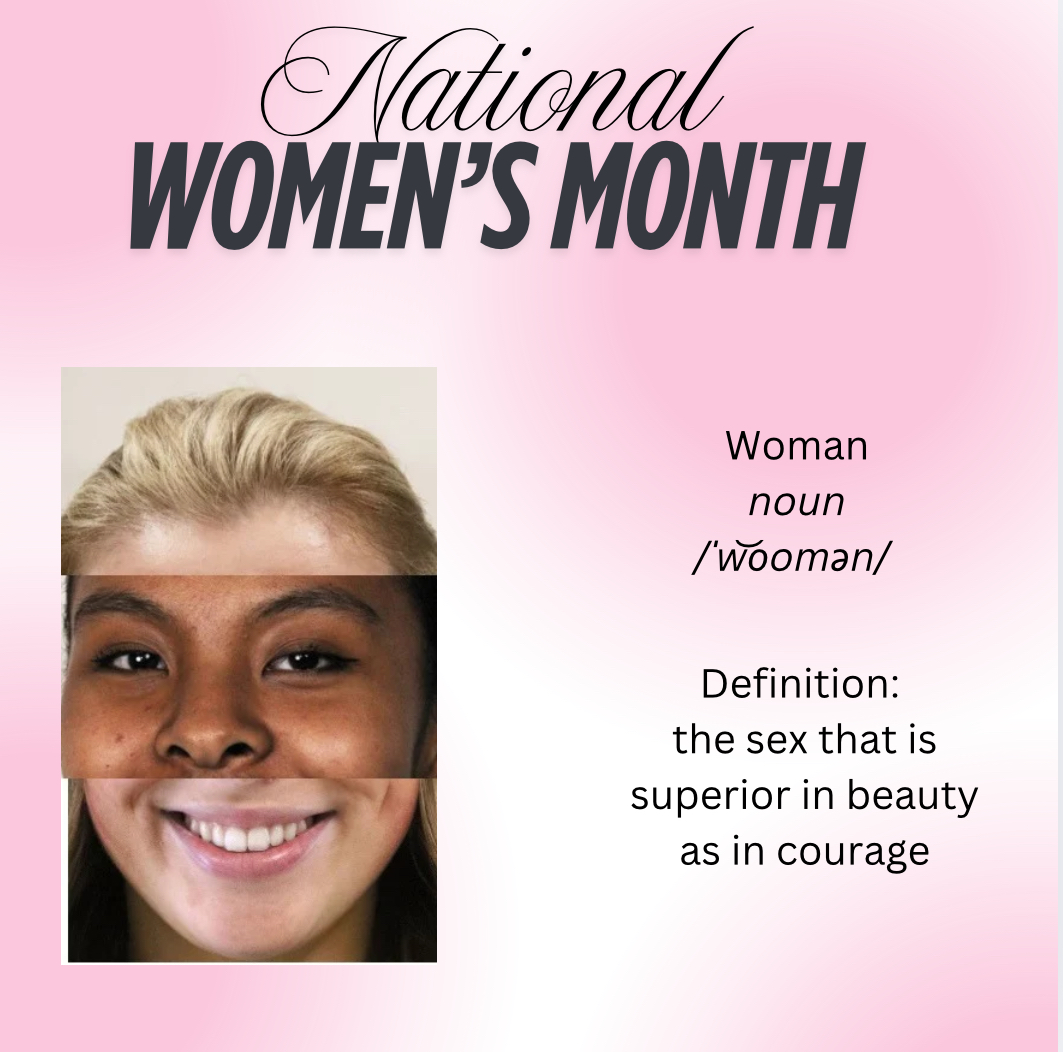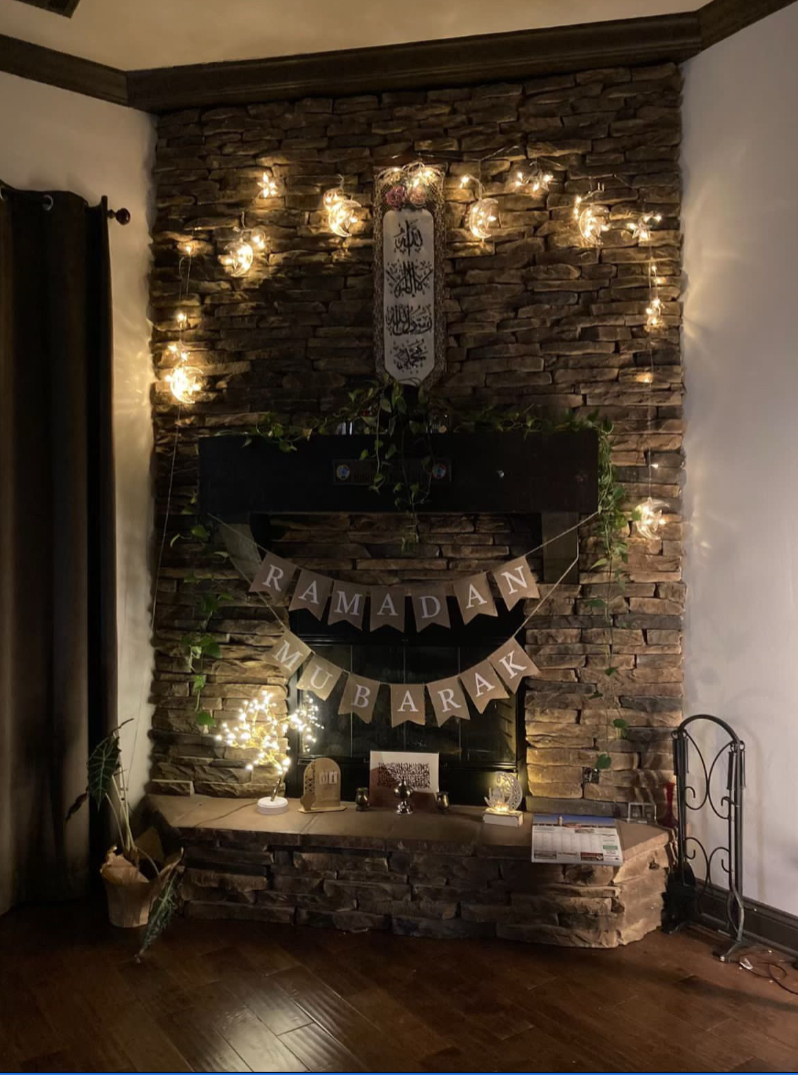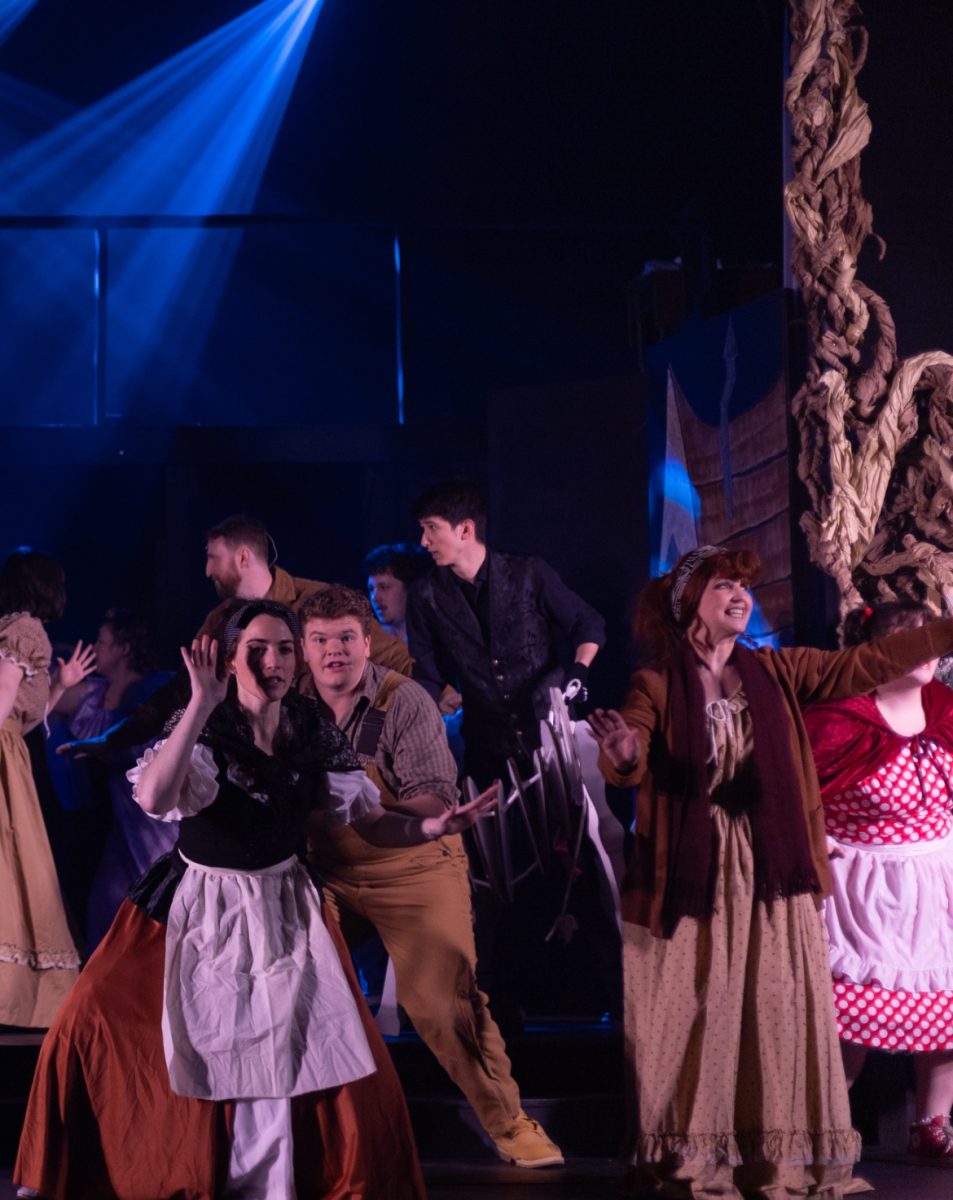Model United Nations: politics, persuasion and debate. Countries, crisis, poverty and war all meet within the club; a place for global issues in a small town.
Once a year, students gather from Arkansas, Oklahoma, Texas and Tennessee schools at the University of Central Arkansas for the annual Arkansas Model United Nations conference. For 50 years, students have gathered to represent countries and debate social, political, economic and humanitarian issues.

“I think [Model UN] attracts people who like politics, it attracts people who like competition and it attracts people who have a
natural bend towards social studies,” club advisor and social studies teacher Will Heatherly said. Heatherly and Julie Dorsey, another social studies teacher, oversee the club.
“[I joined because] I’m really interested in politics, how governments work, and foreign affairs and other countries,” junior Kinley Davenport said.
At the conference, what often begins as simple discussion as of a problem can escalate rapidly. While things like waging nuclear warfare against a country because a delegate had a bad attitude seems comical outside of the conference, it’s all taken very seriously in the moment, even though it’s all, for lack of better words, pretend.
“The first point [of Model United Nations] is to have to view the world differently than you would see it through your own perspective,” Heatherly said. “Part of MUN is taking on the role and presumed positions of another nation, another culture, another part of the world completely. Secondly, it’s a confidence building process. The students may or may not be successful in emulating the nations they want to emulate, but the reality is the mere fact that they put forth the effort, did the research, and that they got into a room with 100 to 150 people they don’t know, speak up, speak for themselves. At that point, they develop a level of self confidence and understanding about how compromise and how you have to stand firm and how those two interact.”

For the upcoming conference, the school will represent Zimbabwe, India, Kuwait, Mali, Denmark and Sudan. Combined, 25 to 45 representatives will be needed to fill every position that the countries hold in the AMUN committees. The six countries hold vastly different economic and political positions, along with incredibly diverse cultures. The club is currently recruiting for the upcoming year, as research begins before school even gets out.
“I thought that this would be a really interesting club,” Davenport said. “It turned out to be.”


